For 25 years, the Office of STEM Engagement (OSTEM) at NASA’s Johnson Space Center has inspired and provided high school students across the state of Texas with NASA-focused learning experiences through the High School Aerospace Scholars (HAS) program. The OSTEM team celebrated the milestone on Monday, July 29 at Johnson’s Gilruth Center with poster sessions, special presentations, and a networking reception.
An authentic STEM learning experience for Texas high school juniors, HAS provides opportunities for students to engage with NASA’s missions and become the next generation of explorers. The year-long program begins in the fall with an online, state-aligned STEM learning experience focused on Earth science, technology, aeronautics, the solar system, the International Space Station, and NASA’s Moon to Mars exploration approach. Students engage in approximately four months of virtual learning through curriculum including interactive lessons, rubric-based activities, and quizzes.
Students who complete the online courses with an overall average of 70% or greater receive an invitation to a five-day virtual summer experience called Moonshot. While actively mentored by NASA scientists and engineers, students work with a team to complete an Artemis-themed Moon to Mars mission and design challenge. The summer session also includes numerous gamified activities and guidance towards pathways to STEM careers.
The top performing Moonshot teams are then invited to a four-day residential experience at Johnson, with lodging, meals, and transportation provided at no cost to the students. During the on-site session, students participate in NASA facility tours, complete engineering design challenges, and meet with NASA scientists and engineers who offer guidance on STEM careers. At the completion of the program, students can earn up to one full science elective credit for school.
The HAS 25th anniversary celebration coincided with this year’s on-site experience. During the 2023-2024 school year, 798 students participated in the HAS online course, with 359 advancing to the summer Moonshot experience. The top six Moonshot teams (51 students) were invited to Johnson.
The 51 selected students kicked off the anniversary celebration with a poster session to present their Moonshot projects. Following the session, students heard from Johnson Center Director Vanessa Wyche and Deputy Director Steve Koerner during a fireside chat. Speakers included Pam Melroy, NASA Deputy Administrator; Arturo Sanchez, Johnson External Relations Office Director; Mike Kincaid, NASA OSTEM Associate Administrator; Greg Bonnen, member of the Texas House of Representatives; Brian Freedman, Bay Area Houston Economic Partnership President; and Shelly Tornquist, director of Texas A&M University College of Engineering’s education outreach program, Spark!
Other notable attendees included NASA astronaut Mike Fincke, HAS activity managers from the past 25 years, and current HAS activity manager, Jakarda Varnado.
Continuing the celebration, HAS hosted the second annual Alumni Social on Wednesday, July 31 encouraging current and former HAS students and mentors to connect over lunch. The annual student rocket launch was also held onsite on Thursday, August 1.
Additionally, the HAS team activated a mobile exhibit at two different on-site locations throughout the week. Over 150 guests stopped by the exhibit, which featured a HAS video montage and the opportunity to touch a lunar sample. Several of the visitors communicated their appreciation for HAS, noting the program has made significant impact on their children’s motivation, school performance, and career paths. Many alumni have gone on to pursue careers within STEM, including nearly 30 HAS participants who have been employed by NASA within the past five years.
For alumni who wish to continue their experience beyond the year-long program, HAS recently launched a mentorship course, for high school seniors. The course contains modules about leadership and STEM career opportunities and was designed to continue to engage the students as they prepare for the next step in their education or to launch their careers. Alumni also act as an additional layer of support for the junior scholars as they navigate their HAS experience.
HAS is made possible through collaborations among NASA, the State of Texas, Bay Area Houston Economic Partnership, Texas A&M Engineering Experiment Station, Houston Livestock Show and Rodeo, and Rotary National Award for Space Achievement.
Applications will reopen in September for students interested in participating in the 2025 HAS experience.
from NASA https://ift.tt/IEnWv6U

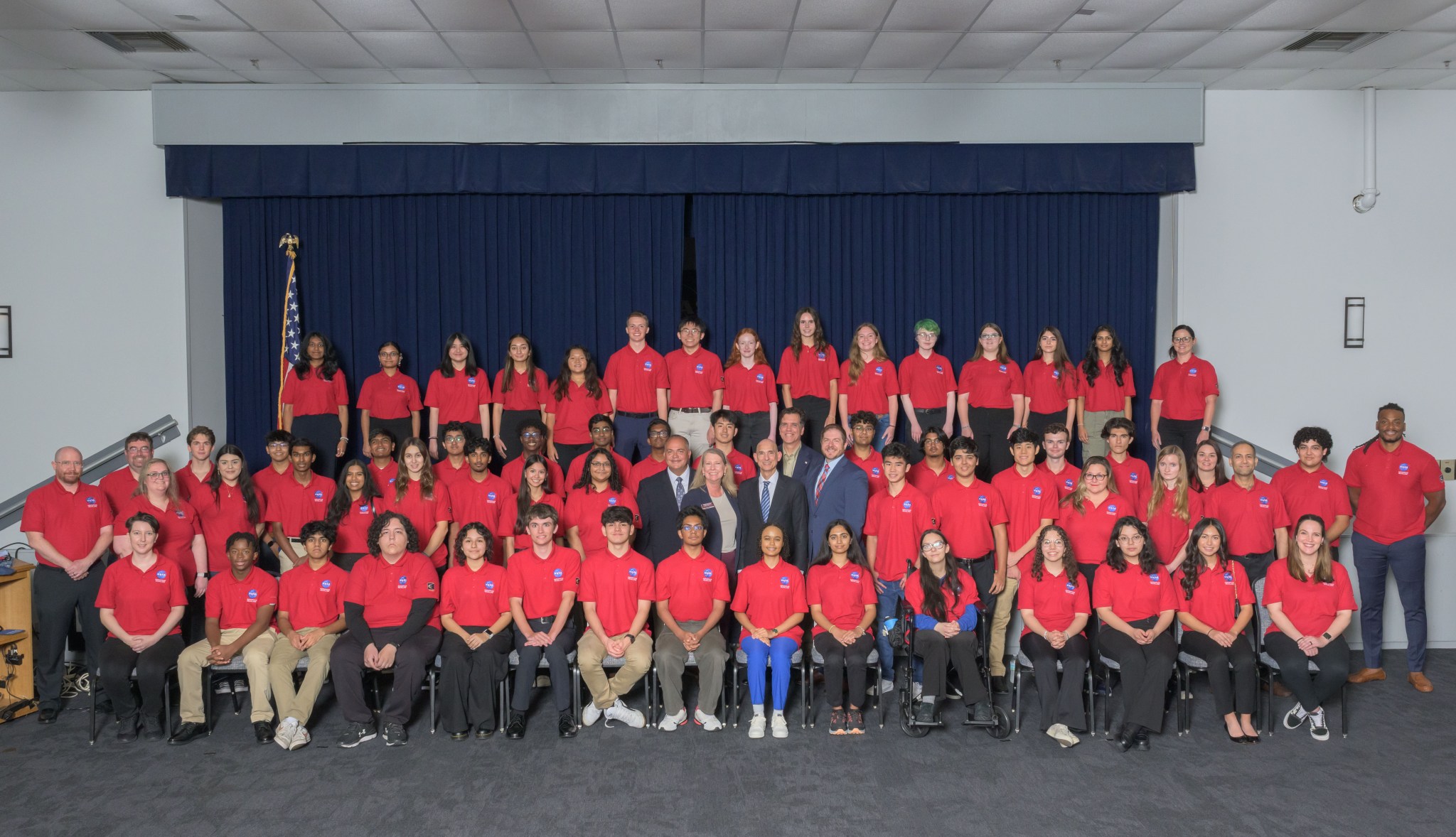
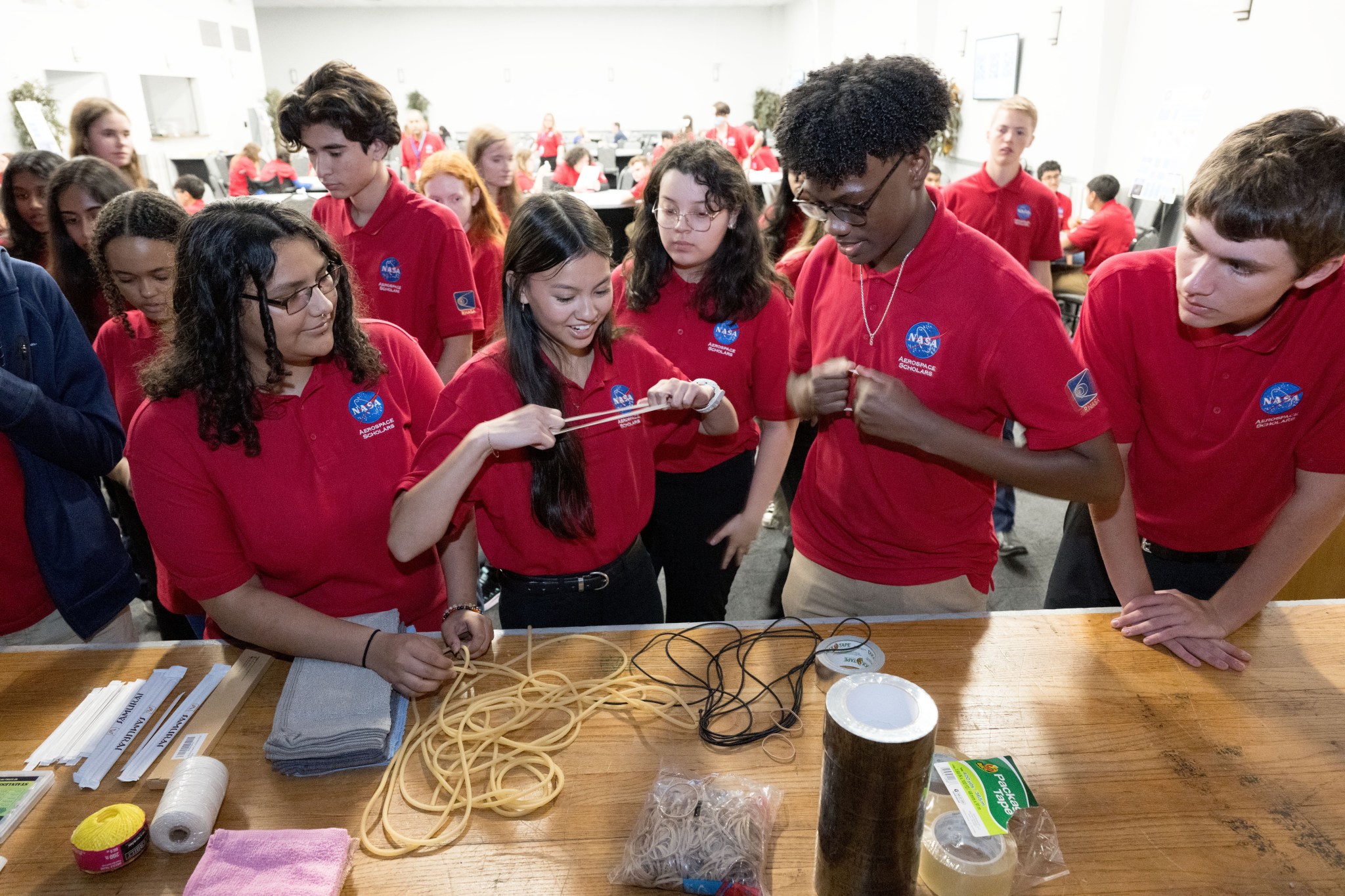
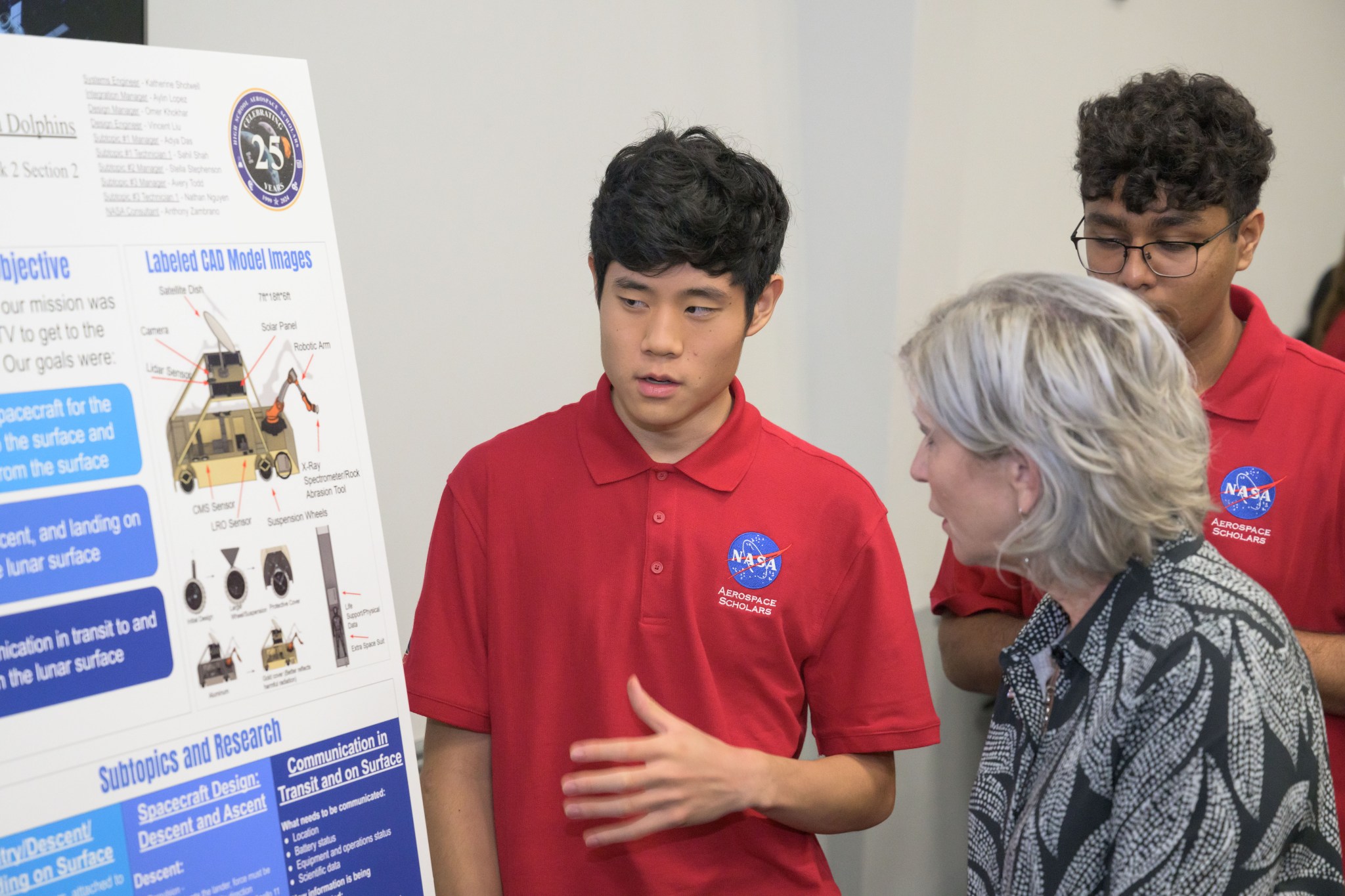
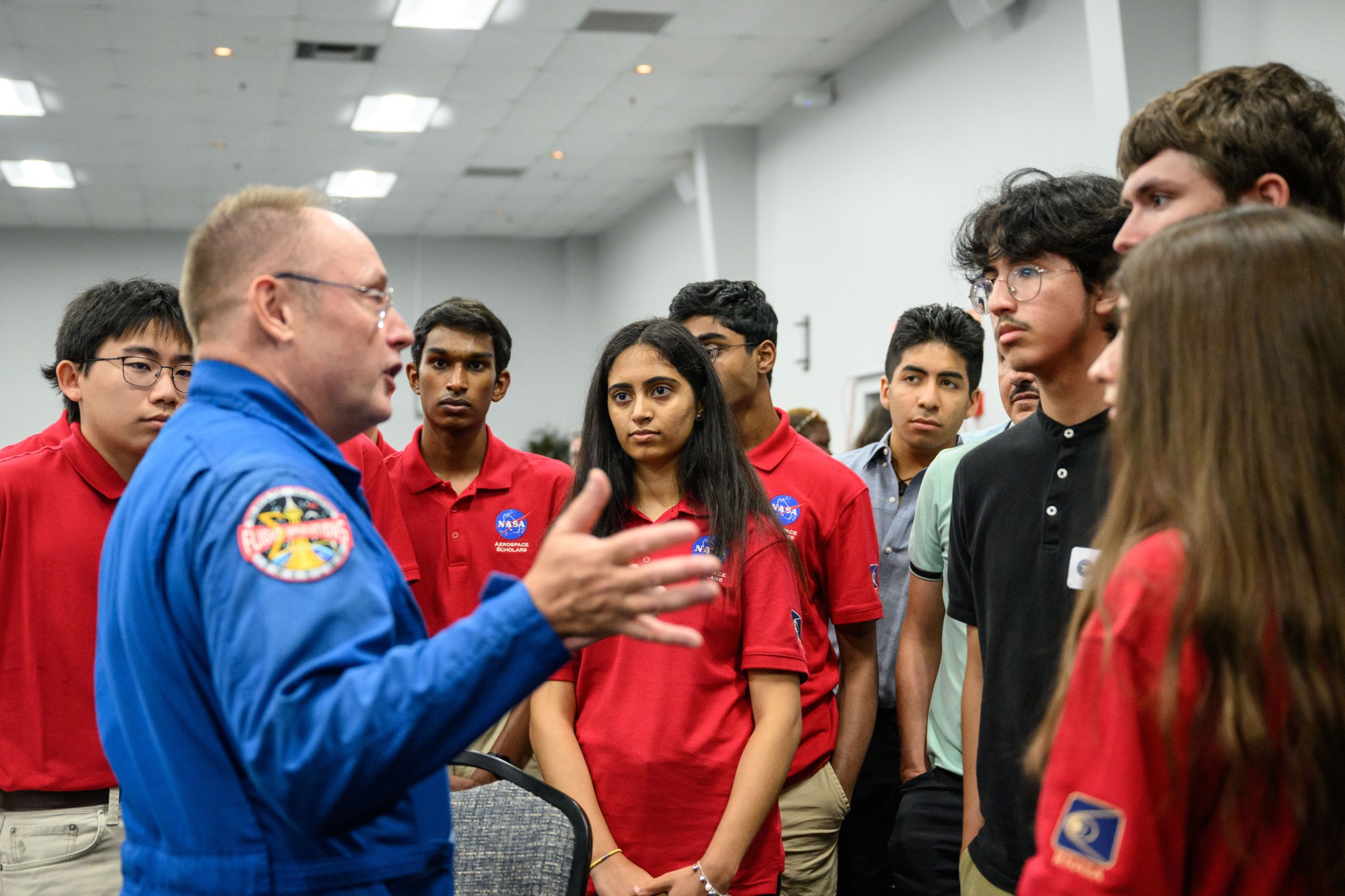
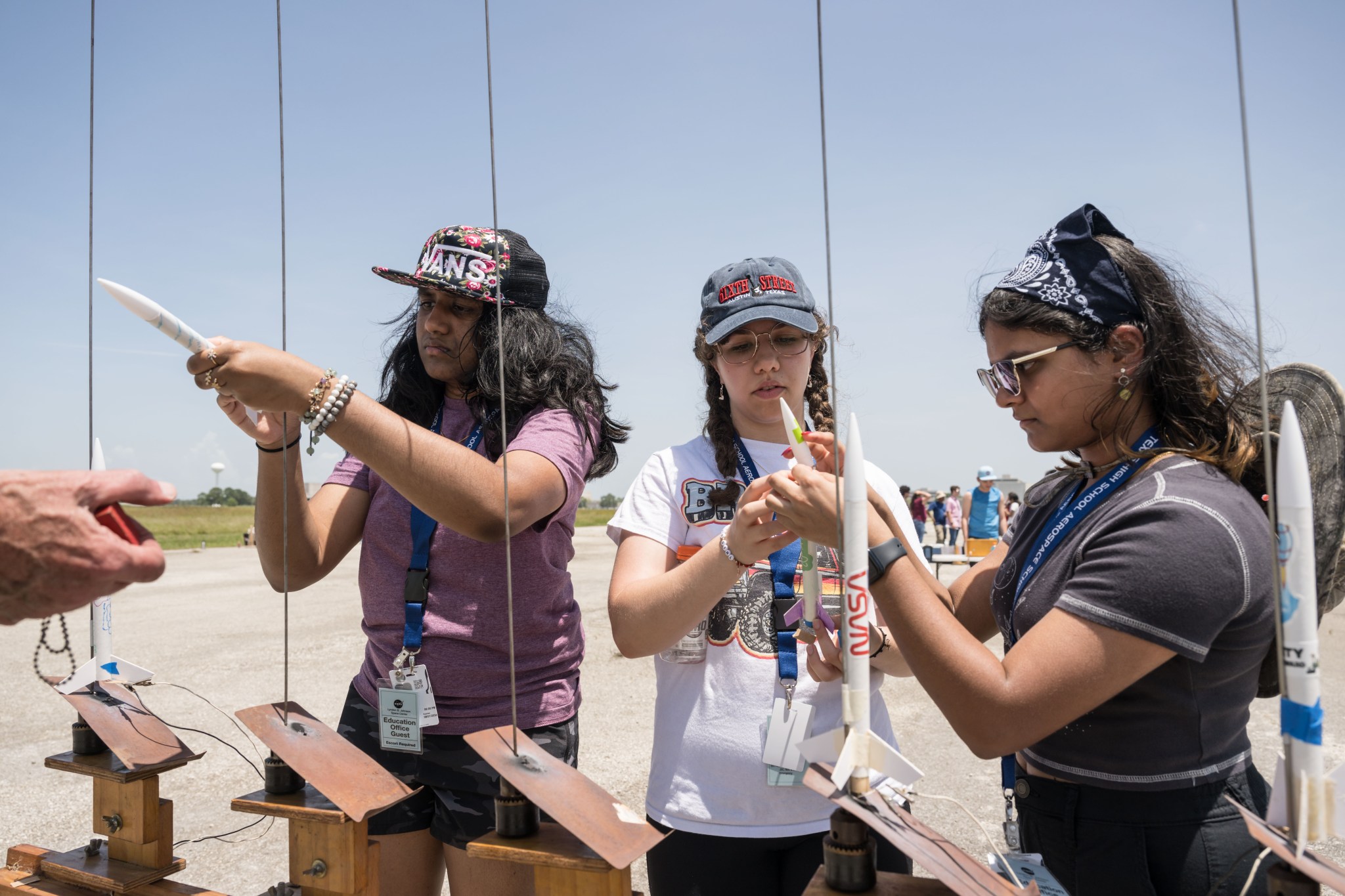
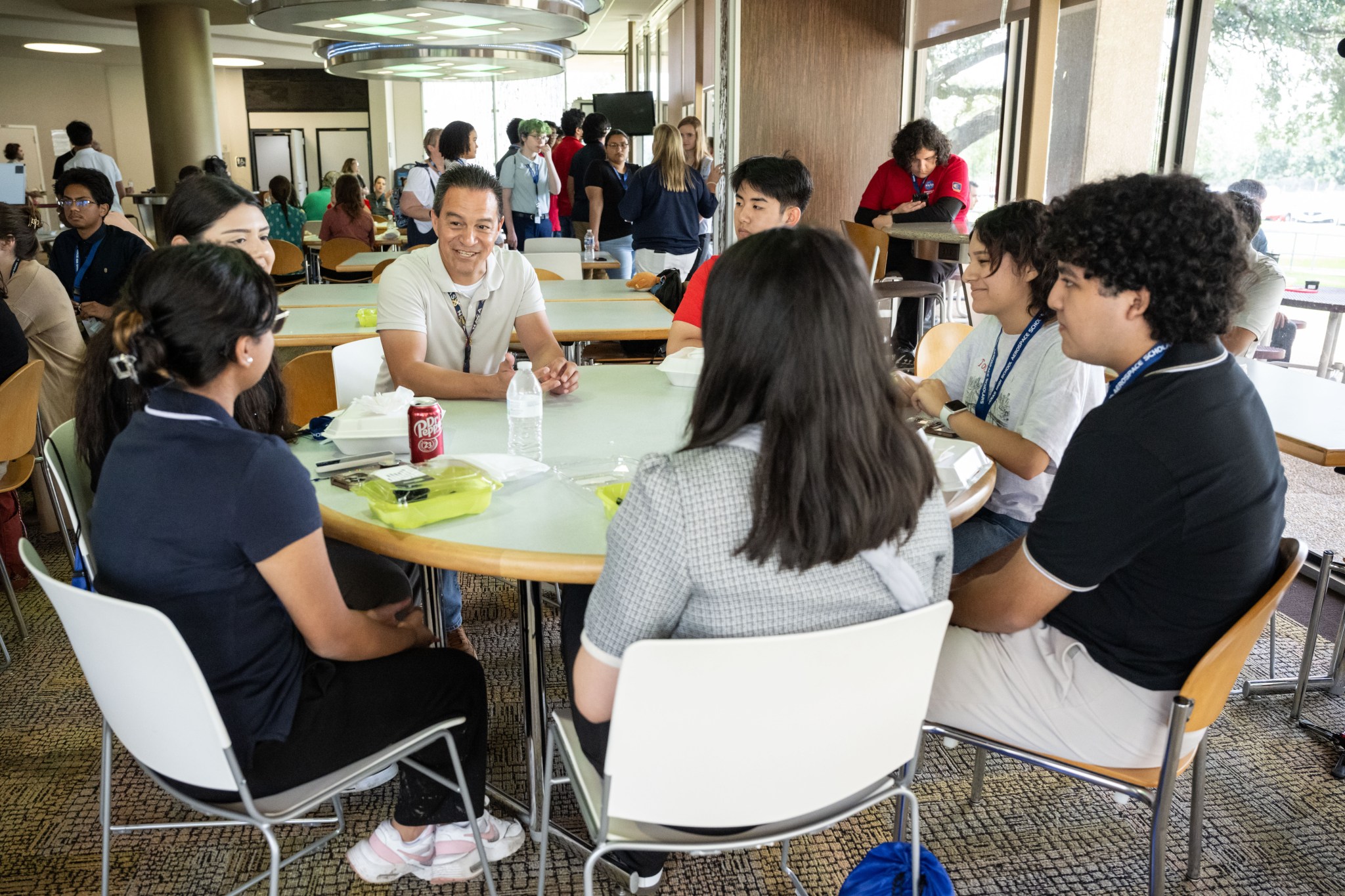
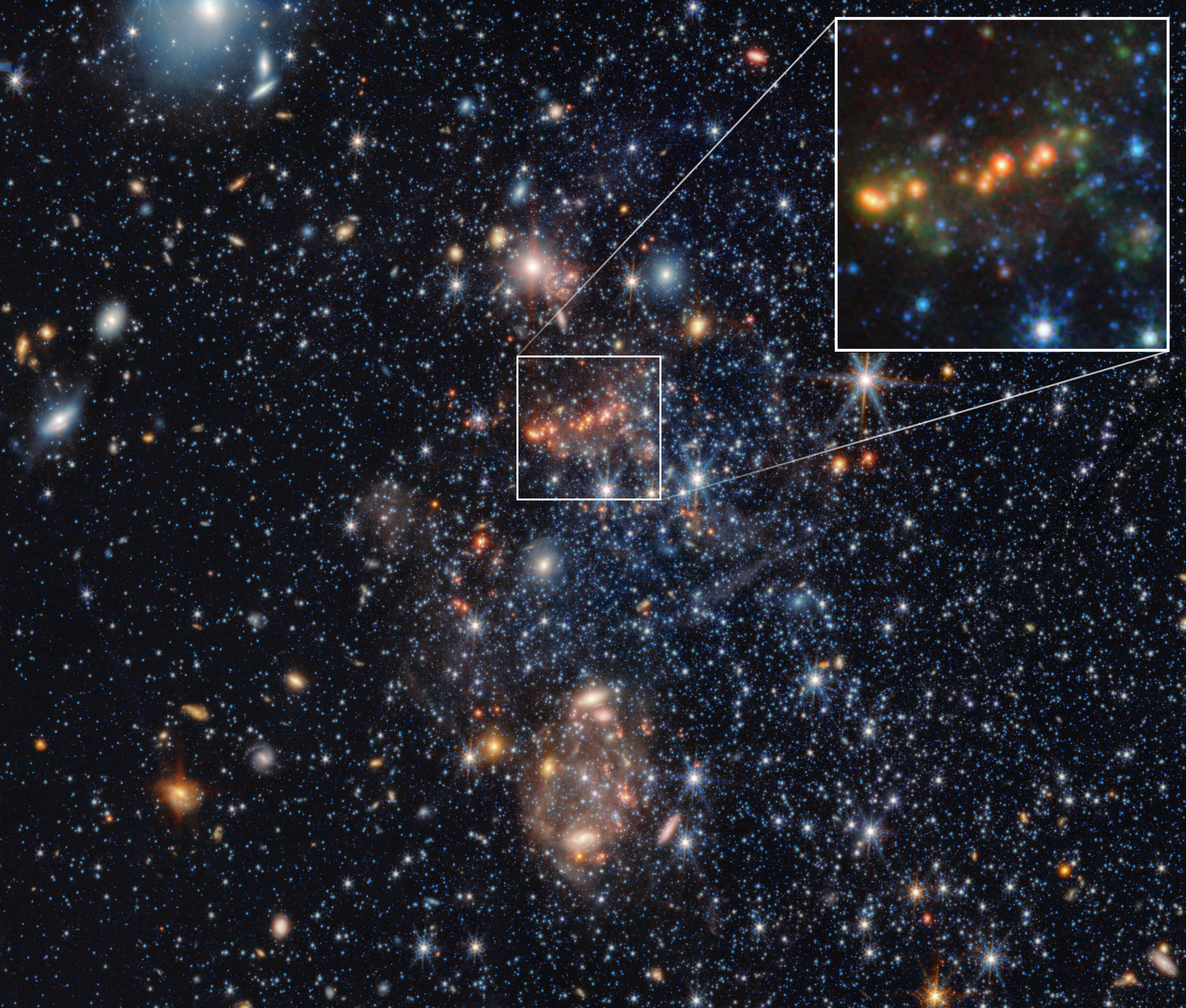
No comments:
Post a Comment